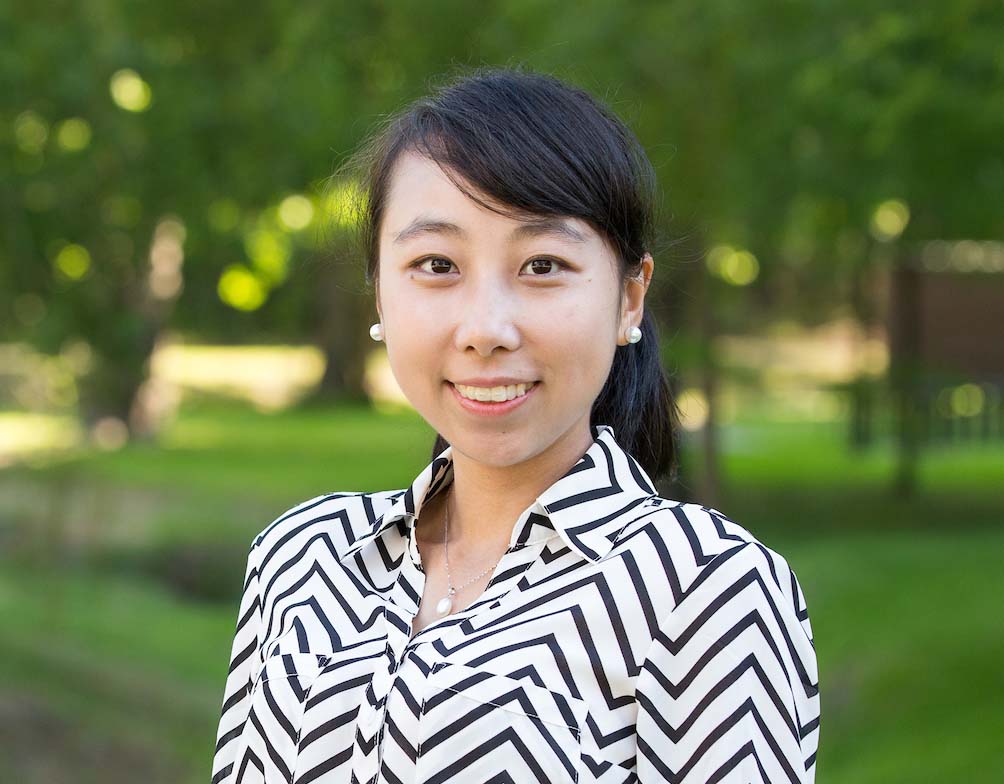Congratulations to Dr. Ruogu Fang, who received tenure and promotion to associate professor effective August 2022.
This recognition reflects Fang’s scholarly contributions to the discipline, the department, and the institution. The tenure process involves recommendation by the department, review by the Board of Trustees, and approval by the Dean.
In 2017, Fang joined the department as an assistant professor. She was also an affiliate faculty in the Center for Cognitive Aging and Memory Clinical Translational Center, in the Evelyn F. And William L. McKnight Brain Institute, and Associate Director of the Intelligent Critical Car Center (IC3) at the University of Florida.
She recently received the Herbert Wertheim College of Engineering Faculty Award for Excellence in Innovation (2022), the UF BME Faculty Research Excellence Award (2021), and the CTSI Pilot Award for Precision Medicine (2019). Fang is also the recipient of the Ralph E. Powe Junior Faculty Enhancement Award (2016), the Robin Sidhu Memorial Young Scientist Award, Society of Brain Mapping and Therapeutics (2016), the National Science Foundation CISE Research Initiation Initiative Award (2015), and the Best Paper Award at IEEE International Conference on Image Processing (2010), among others.
Fang’s research spans data, brain and health. Her research theme is artificial intelligence (AI)-empowered precision brain health and brain/bio-inspired AI. She focuses on questions such as: How to use machine learning to quantify brain dynamics, early diagnose Alzheimer’s disease through novel imagery, predict individualized treatment outcomes, and design precision intervention. Fang’s current research is rooted in the confluence of AI and multimodal medical image analysis. Fang’s research has been featured by Forbes Magazine, The Washington Post, ABC News, RSNA, and published in Lancet Digital Health, Medical Image Analysis. Fang directs SMILE lab, standing for Smart Medical Informatics Learning and Evaluation, which also reflects her aspiration for every member in the lab to smile while exploring artificial intelligence in precision brain health. Her SMILE lab aims to develop innovative computational models to understand, diagnose and treat brain disorders in big and complex data.
